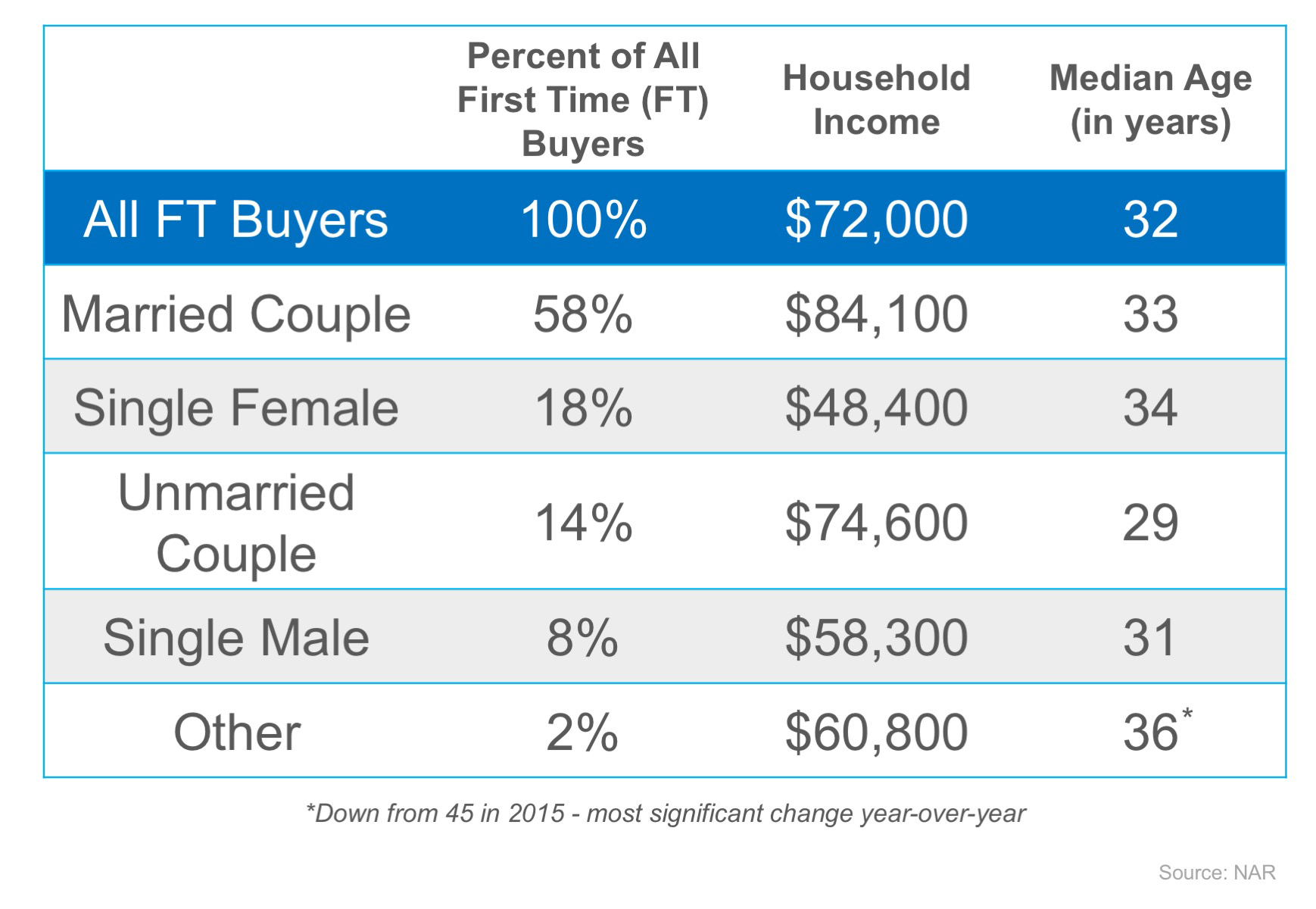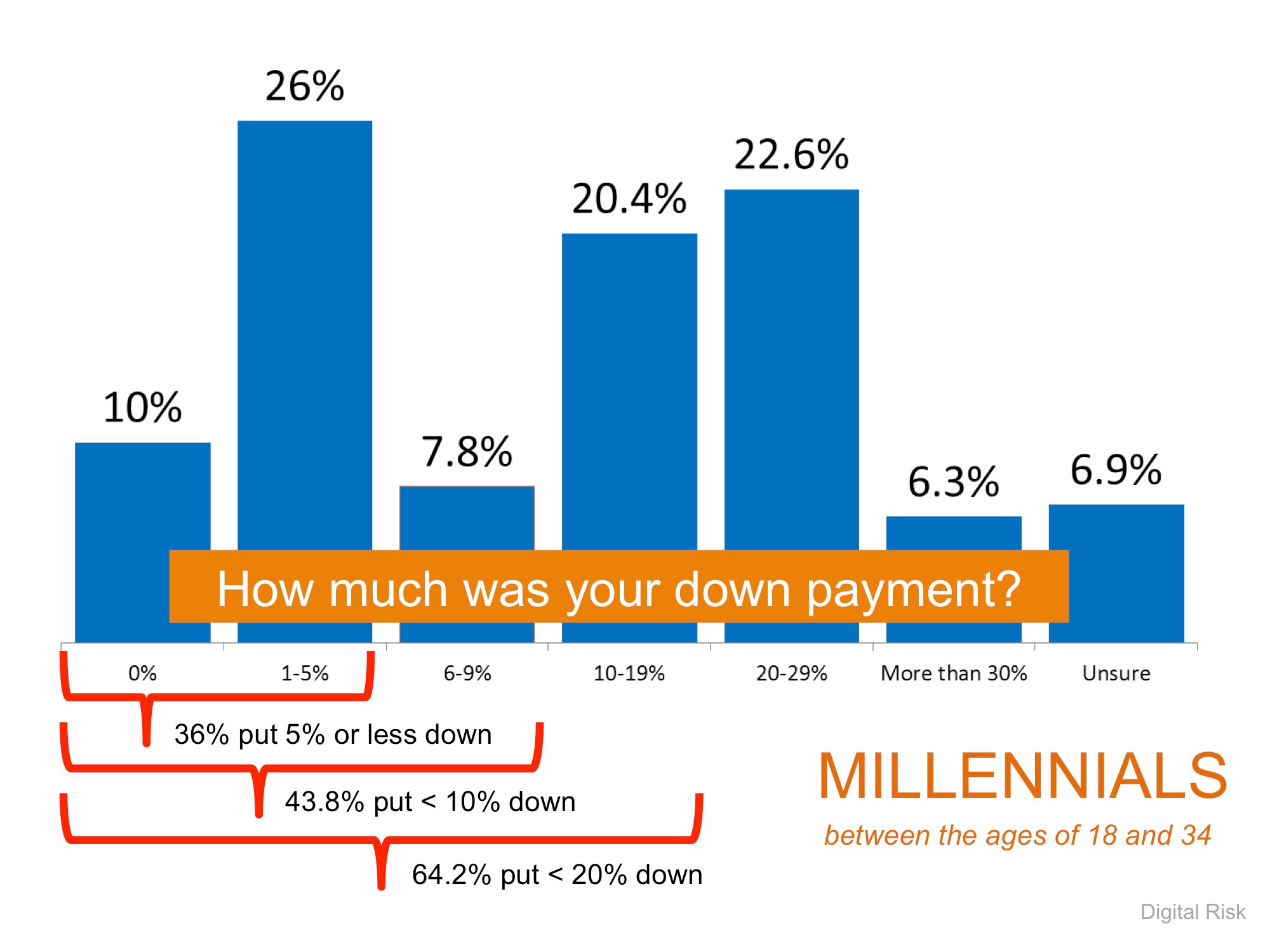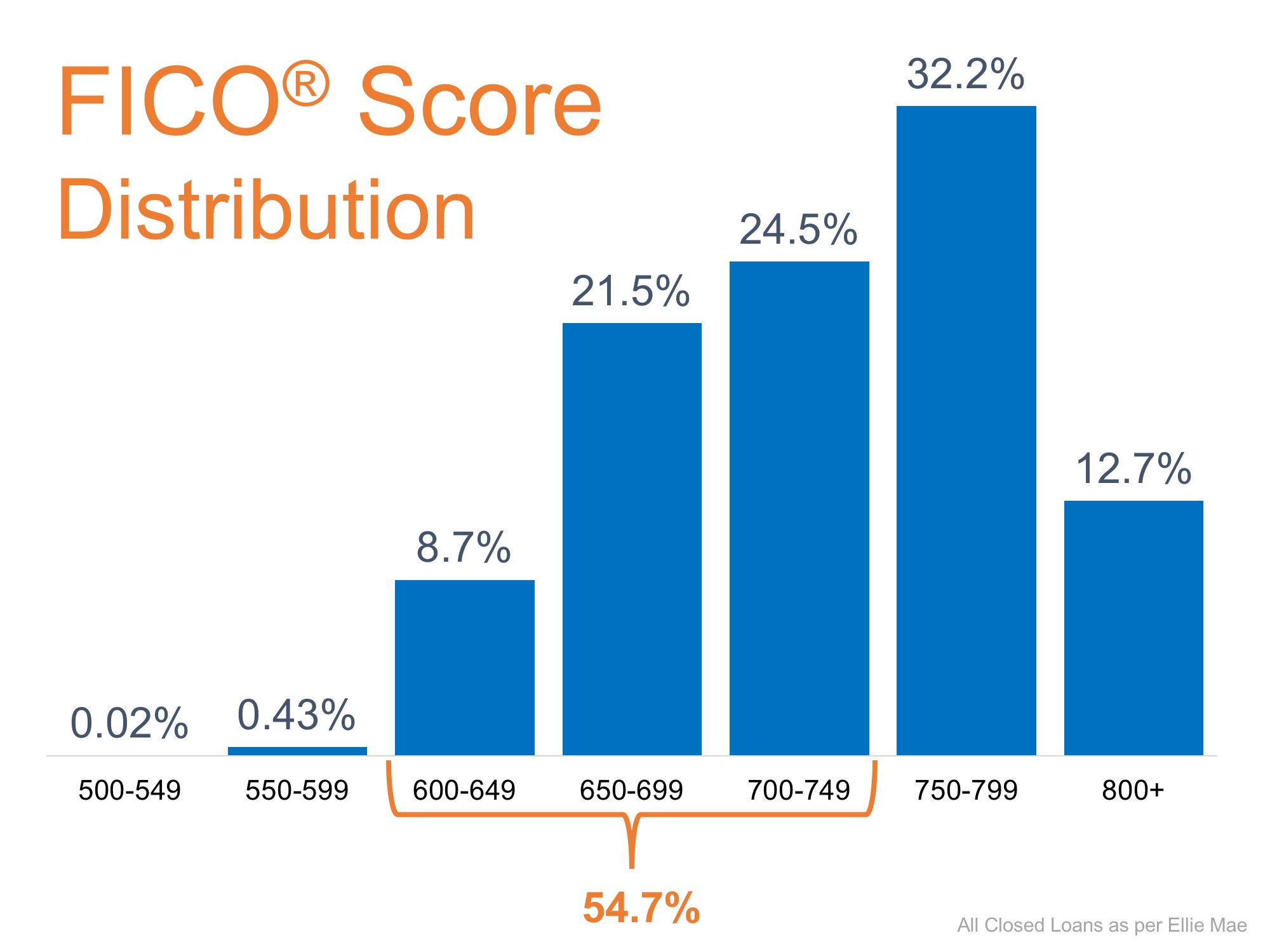Is spring closer than we think? Depending on which groundhog you
listen to today, you may have less time than you think to get your home
on the market before the busy spring season.
Many sellers feel
that the spring is the best time to place their homes on the market as
buyer demand traditionally increases at that time of year. However, the
next six weeks before spring hits also have their own advantages.
Here are five reasons to sell now.
1. Demand is Strong
Foot
traffic refers to the number of people who are out, physically looking
at homes right now. The latest foot traffic numbers from the
National Association of Realtors (NAR) show that the number of buyers out looking for their dream homes in December reached the highest mark since February 2016.
These
buyers are ready, willing and able to buy…and are in the market right
now! Take advantage of the strong buyer activity currently in the
market.
2. There Is Less Competition Now
Housing
inventory just dropped to a 3.6-month supply, which is well under the
6-month supply needed for a normal housing market. This means, in many
areas, there are not enough homes for sale to satisfy the number of
buyers in that market. This is good news for home prices;
however, additional inventory is about to come to market.
There is a
pent-up desire
for many homeowners to move, as they were unable to sell over the last
few years because of a negative equity situation. Homeowners are now
seeing a return to positive equity as real estate values have increased
over the last four years. Many of these homes will be coming to market
soon.
Also, new construction of single-family homes is again beginning to increase. A study by
Harris Poll revealed that 41% of buyers would prefer to buy a new home, while only 21% prefer an existing home (38% had no preference).
The choices buyers have will increase in the spring. Don’t wait for this other inventory to come to market before you sell.
3. The Process Will Be Quicker
One
of the biggest challenges of the housing market has been the length of
time it takes from contract to closing. Banks are requiring more and
more paperwork before approving a mortgage. There is less overall
business done in the winter. Therefore, the process will be less onerous
than it will be in the spring. Getting your house sold and closed
before the spring delays begin will lend to a smoother transaction.
4. There Will Never Be a Better Time to Move-Up
If
you are moving up to a larger, more expensive home, consider doing it
now. Prices are projected to appreciate by 4.7% over the next 12 months
according to
CoreLogic.
If you are moving to a higher priced home, it will wind-up costing you
more in raw dollars (both in down payment and mortgage payment) if you
wait. You can also lock-in your 30-year housing expense with an interest
rate around 4% right now. Rates are
projected to rise by half a percentage point by the end of 2017.
5. It’s Time to Move on with Your Life
Look
at the reason you decided to sell in the first place and determine
whether it is worth waiting. Is money more important than being with
family? Is money more important than your health? Is money more
important than having the freedom to go on with your life the way you
think you should?
Only you know the answers to the questions
above. You have the power to take back control of the situation by
putting your home on the market. Perhaps, the time has come for you and
your family to move on and start living the life you desire.
That is what is truly important.

![Do You Know the Real Cost of Renting vs. Buying? [INFOGRAPHIC] | MyKCM](https://d8yi0qr1xsq5x.cloudfront.net/2017/02/10131432/Rent-vs.-Buy-STM-1046x1354.jpg)



![5 Reasons to Love Using A RE Pro [INFOGRAPHIC] | MyKCM](https://d8yi0qr1xsq5x.cloudfront.net/2017/01/30155328/5-Reasons-to-Love-STM-1046x1354.jpg)







![5 Reasons Homeowners Throw Better Super Bowl Parties! [INFOGRAPHIC] | MyKCM](https://d8yi0qr1xsq5x.cloudfront.net/2017/02/01111156/Super-Bowl-STM-1046x1354.jpg)
